After more than four years of investigations, the Department of Justice is preparing to sue Apple for alleged anticompetitive behavior, potentially in the next few months.
Allegedly, the Justice Department is looking to file the lawsuit in the first quarter of the year, potentially in March, sources told Bloomberg. However, the timing could slip as the DOJ's most senior antitrust officials haven't yet signed off on the complaint.
In 2019, the saga kicked off when the U.S. House of Representatives Judiciary Committee requested information from Spotify regarding Apple's alleged anticompetitive behavior and how it affected Spotify's business. Spotify accused Apple of giving themselves unfair advantages at every opportunity.
In June 2020, members of the DoJ and a coalition of state attorneys general had discussions with several companies that accused Apple of engaging in anticompetitive behavior.
In 2021, the Department of Justice looked into Apple's treatment of Roblox developers. The complaint was similar to Epic's, which involved Apple's commission on in-app purchases and the inability to create a third-party App Store.
In August 2022, sources indicated that the Department of Justice was about to take action on a complaint from Tile, a tracker manufacturer.
 Amber Neely
Amber Neely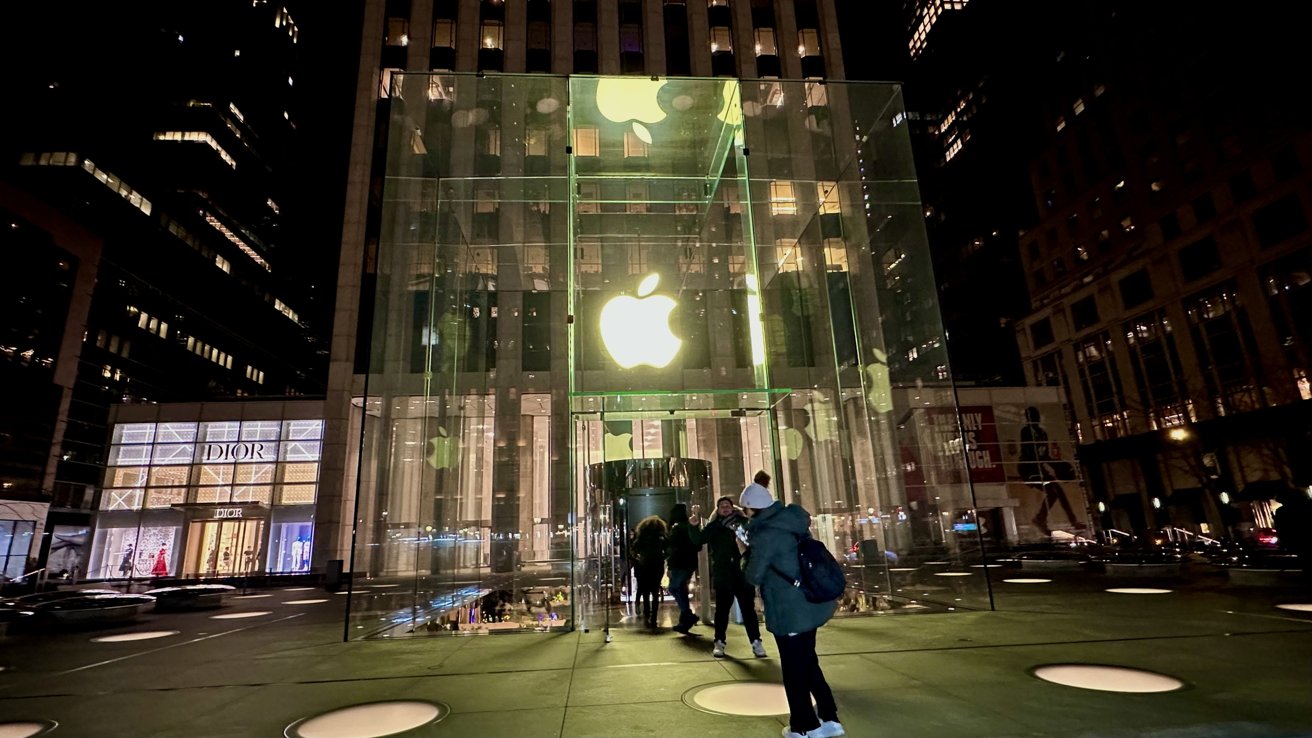




-m.jpg)


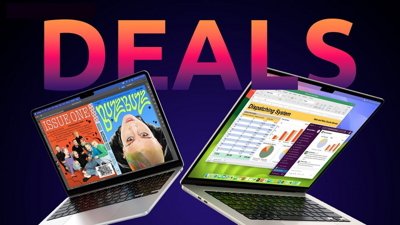
 Christine McKee
Christine McKee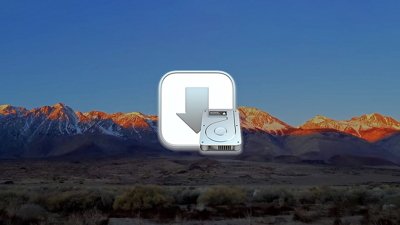
 Chip Loder
Chip Loder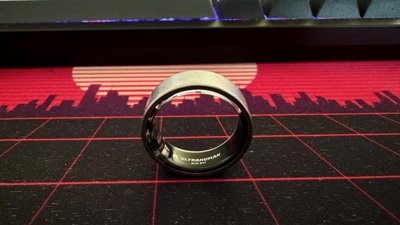
 Oliver Haslam
Oliver Haslam
 Malcolm Owen
Malcolm Owen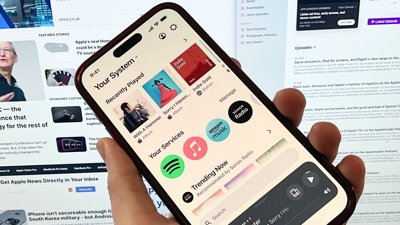
 William Gallagher
William Gallagher
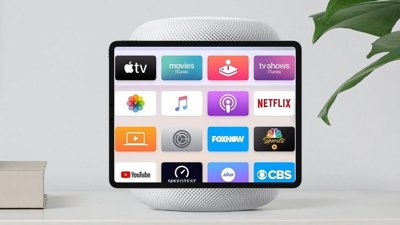
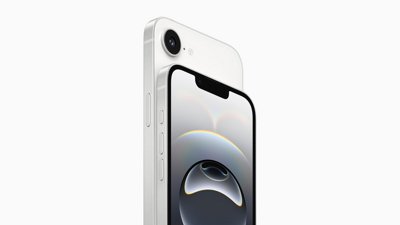
 Andrew Orr
Andrew Orr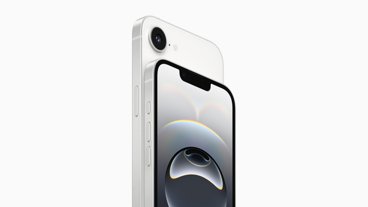







9 Comments
In so many of the attempts to take down successful companies, there seems to be an utter mess of equating the large success of a company with squelching small competitors. Or that designing the products and services they sell to maximize their own revenue is "wring" or "anti-completive."
The nature of free market participation is to bo better than your competitors, to "beat" them in fact. How you do that is of course important, but simply entering a market (AirTag for example) which puts competitive pressure on Tile, is well perfectly legal. And tough cookies for Tile unless they can innovate and compete differently.
Now if Apple clearly stole patented technology, coerced supply chain to restrict components to a competitor, or put pressure on distribution or retail channels to NOT sell Tile, that would be clear example of offensive and unfair behavior. I've not heard of that in really any of these claims at least as publicized.
Similar with Sonos. Apple has produced audio products for many years, including speakers (apple HiFi). Regardless, they have the right to enter that market without restriction. and leverage their technology. They further opened Airplay 2 technology for companies to license if they wish (Sonos did), but, for quite reasonable privacy reasons, not Siri. Is that an issue? I can't see how. Apple is not "compelled" to license any and all of its technologies just to appease competitors.
It's for the for the marketplace to decide whether Apple's approach is too restrictive and buy into other ecosystems instead. And given the size of Apple's user based, there are effectively zero complaints - in fact custsat numbers are generally extremely high.
Apple's business is its ecosystem - their success is because of who they can add overlapping circles on their ever expanding Venn diagram generally with great success for them and great appreciation by its customers.
So yes, really a great model to go after. Governments do so little right it is deeply saddening....
It's interesting that none of these investigations look at Apple's anti-competitive behaviour against their own reseller partners. Business discounts, stock availability, CTO ETAs, education pricing all designed to steer customers to their own stores.